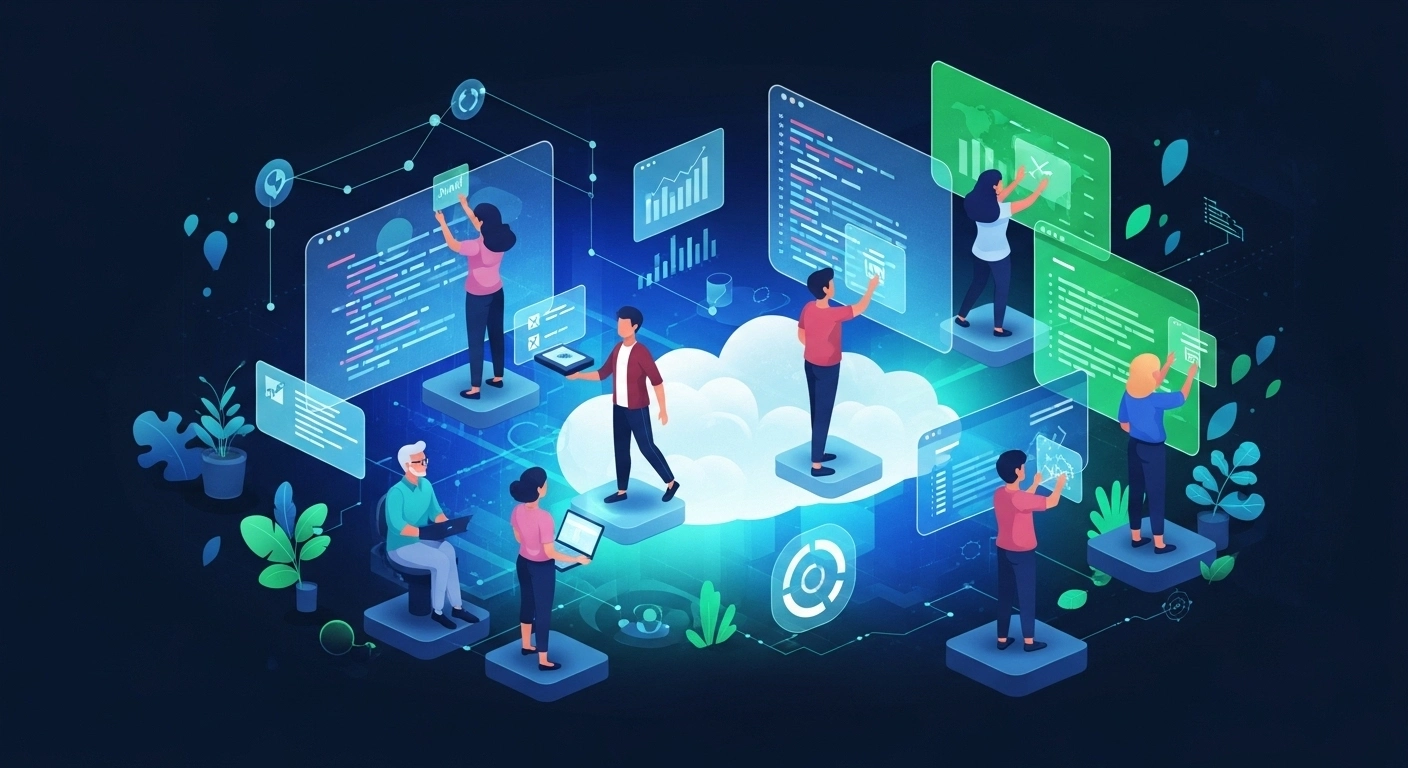Hard Skills You Must Learn to Stay Relevant in the Job Market

Ever feel like the professional world is a treadmill that’s constantly speeding up? You’re not alone. The skills that got you a job five years ago might not even get you an interview today.
Technology is evolving at a breakneck pace, and the job market is scrambling to keep up. So, how do you make sure you’re not left behind? The answer lies in actively acquiring the right hard skills.
Let’s dive into the essential technical skills that companies are desperately looking for and how you can start learning them today to future-proof your career.
First, What Exactly Are Hard Skills?
Before we jump into the list, let’s get on the same page. Hard skills are the teachable, technical abilities that you can measure and prove. Think of them as the tools in your professional toolbox—like knowing a programming language, operating a specific piece of software, or being fluent in another language.
They are the concrete “what you can do” on your resume, often learned through education, training, and certifications. While soft skills like communication and teamwork are crucial, hard skills are what often get your foot in the door.
1. Data Analysis and Science: The New Gold Rush
Data is everywhere, and companies are drowning in it. They need people who can turn that flood of information into actionable insights. Data analysts and scientists are like modern-day gold miners, sifting through raw data to find valuable nuggets of information that can guide business decisions.
Learning skills like SQL for database management, Python or R for statistical analysis, and data visualization tools like Tableau will make you incredibly valuable in almost any industry.
2. Artificial Intelligence (AI) and Machine Learning: Riding the Tech Wave
AI is no longer just a sci-fi concept; it’s a reality that’s reshaping industries from healthcare to finance. Professionals who understand machine learning algorithms, neural networks, and natural language processing are in sky-high demand.
You don’t need to be a Ph.D. to get started. Understanding the fundamentals of AI can help you leverage its power in your current role or pivot into a new, exciting career path. It’s about teaching machines to think, and that’s a powerful skill to have.
3. Cloud Computing: Head in the Cloud, Feet on the Ground
Have you ever wondered where all your data from services like Netflix, Google Drive, or Spotify is stored? It’s in the cloud. Most companies have moved or are moving their infrastructure to cloud platforms like Amazon Web Services (AWS), Microsoft Azure, or Google Cloud.
Knowing how to manage, secure, and deploy services on these platforms is a critical hard skill. It’s like being the architect and engineer for a company’s entire digital foundation.
4. Cybersecurity: The Digital Guardians
As our world becomes more digital, the threat of cyberattacks grows. Cybersecurity is no longer an IT department problem; it’s a business-wide concern. Companies are investing heavily in professionals who can protect their sensitive data and systems from hackers.
Skills in network security, ethical hacking, and risk management are more than just valuable—they’re essential. Becoming a digital guardian is a surefire way to stay relevant.
5. Digital Marketing & SEO: The Art of Getting Noticed
Having a great product is useless if no one knows about it. That’s where digital marketing comes in. This field is all about connecting with customers online.
Mastering skills like Search Engine Optimization (SEO), content marketing, pay-per-click (PPC) advertising, and social media management can help any business grow. It’s a dynamic field that blends creativity with data analysis, making it a perfect skill for the modern professional.
6. UI/UX Design: Making Technology Human
Why are some apps a joy to use while others are a frustrating mess? The answer is User Interface (UI) and User Experience (UX) design. UI/UX designers focus on making technology easy, intuitive, and enjoyable for people to use.
They are the bridge between human psychology and digital products. In a world saturated with apps and websites, a great user experience is what sets a company apart. This skill is a blend of empathy, design, and technical know-how.
7. Software Development: The Architects of the Digital Age
From the app you use to order coffee to the complex systems that run our financial markets, it all runs on code. Software developers are the architects and builders of our digital world.
Learning a programming language like Python, JavaScript, or Java opens up a universe of opportunities. Whether you want to build websites, mobile apps, or enterprise software, coding is a fundamental hard skill that empowers you to create things from scratch.
How Can You Learn These Future-Proof Skills?
Feeling a bit overwhelmed? Don’t be! You don’t have to go back to college for four years to learn these skills. The internet is your best friend. Platforms like Coursera, Udemy, edX, and even YouTube offer thousands of courses taught by industry experts.
You can earn certifications from tech giants like Google, Amazon, and IBM to validate your knowledge. The key is to start small, stay consistent, and build real projects to showcase your new abilities.
Conclusion: Your Journey to Relevance Starts Now
The job market will never stop changing, but that doesn’t have to be a scary thing. Think of it as an opportunity.
By committing to lifelong learning and strategically developing in-demand hard skills, you’re not just staying relevant—you’re putting yourself in the driver’s seat of your career.
Pick one skill from this list that excites you, find a beginner’s course, and take the first step.
Your future self will thank you for it.

تعليقات الزوار ( 0 )